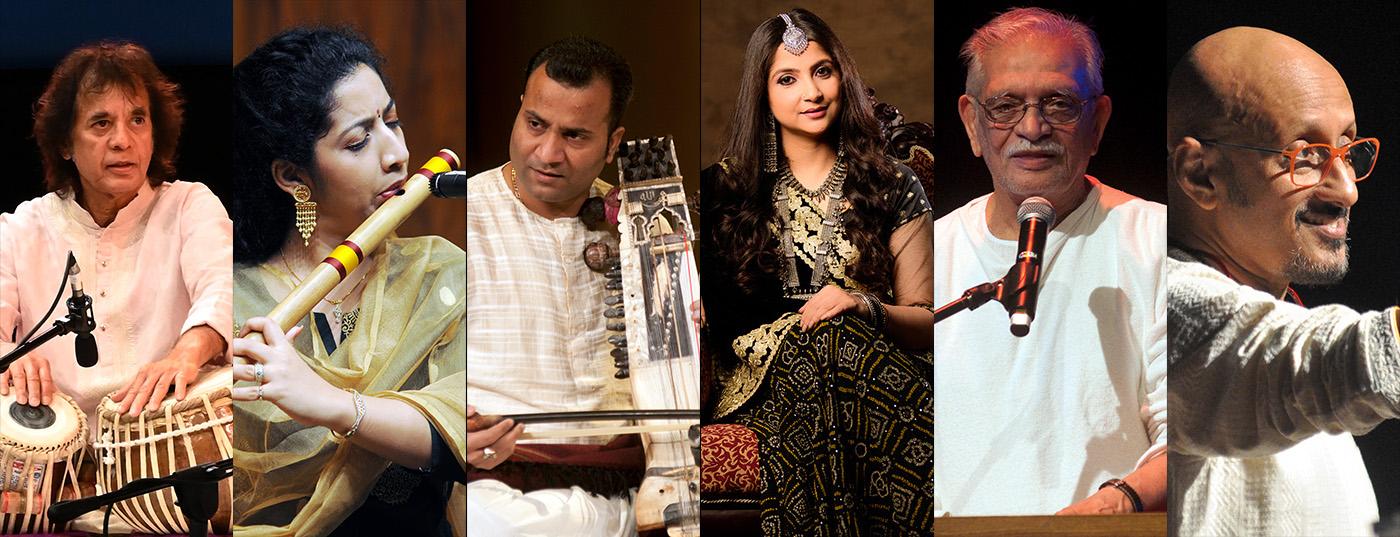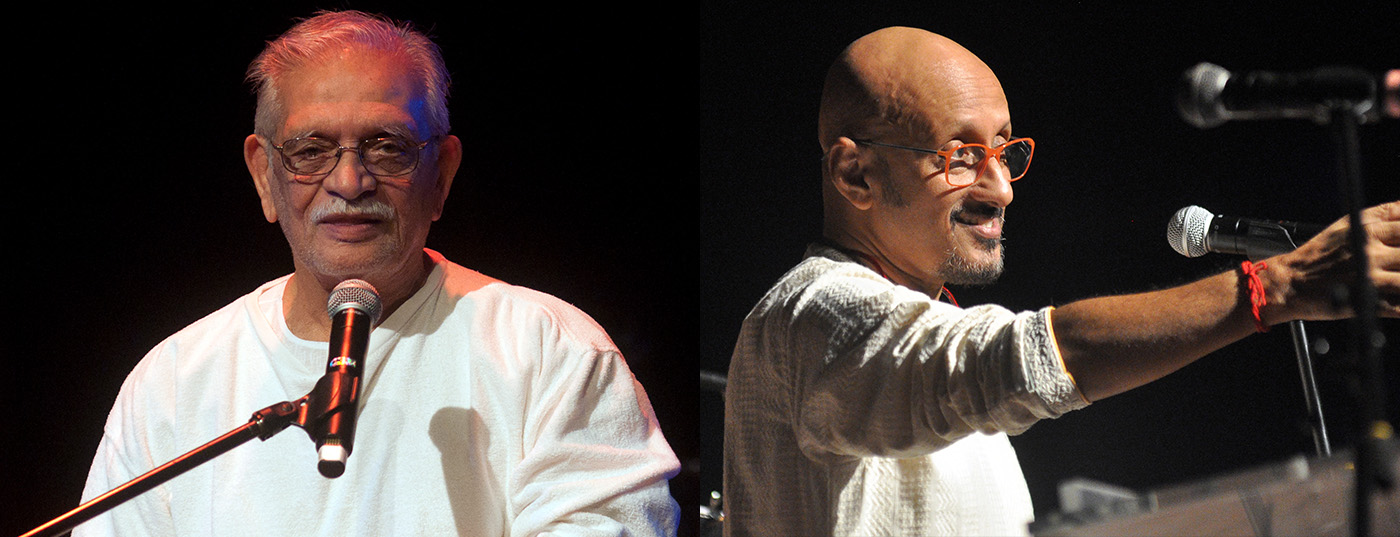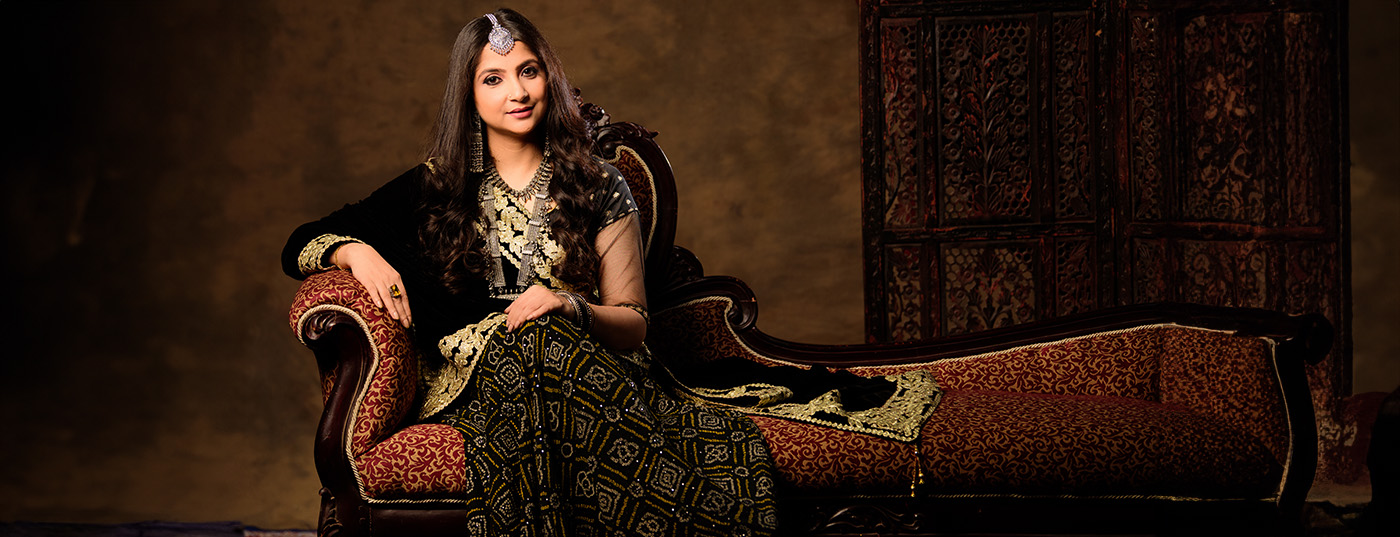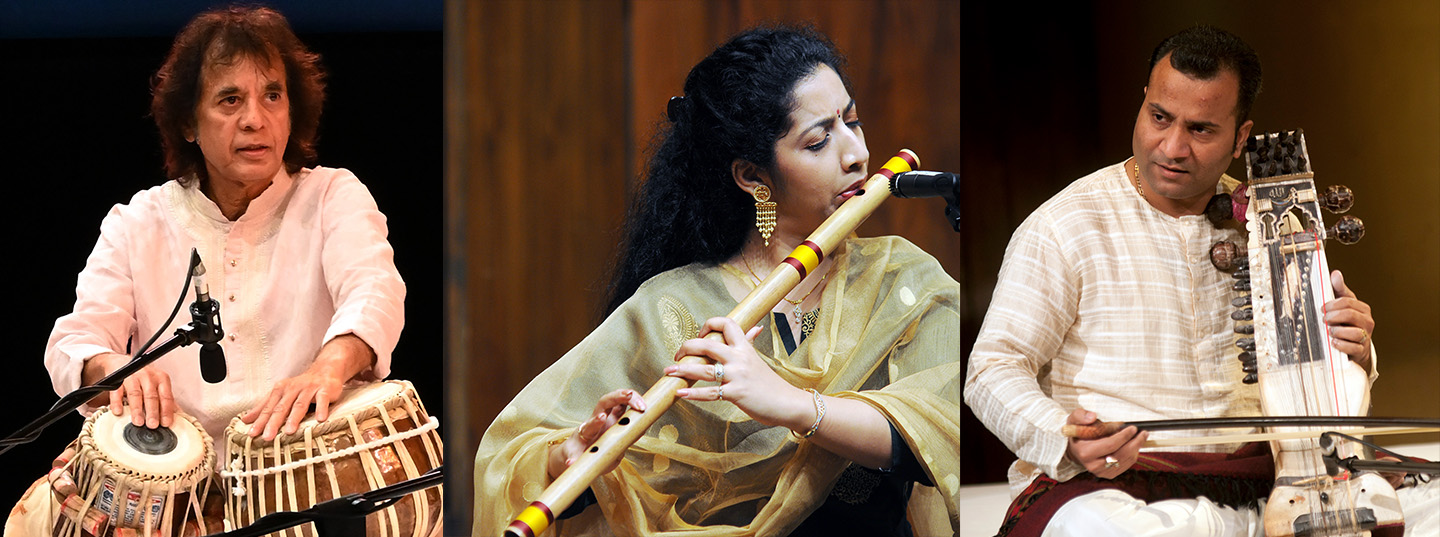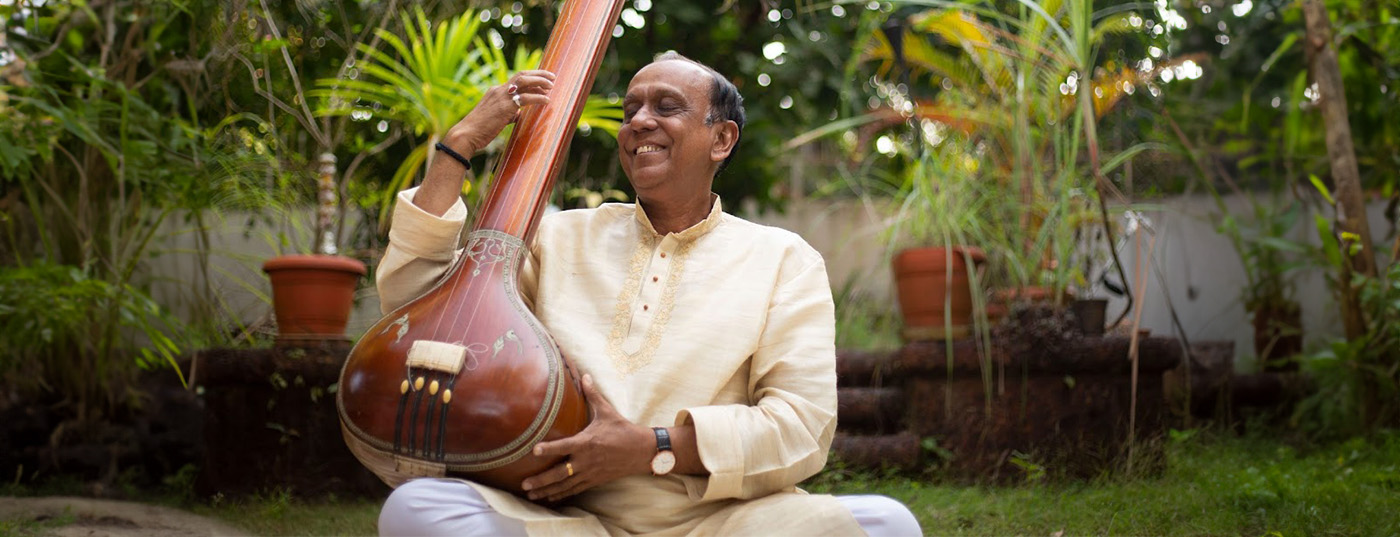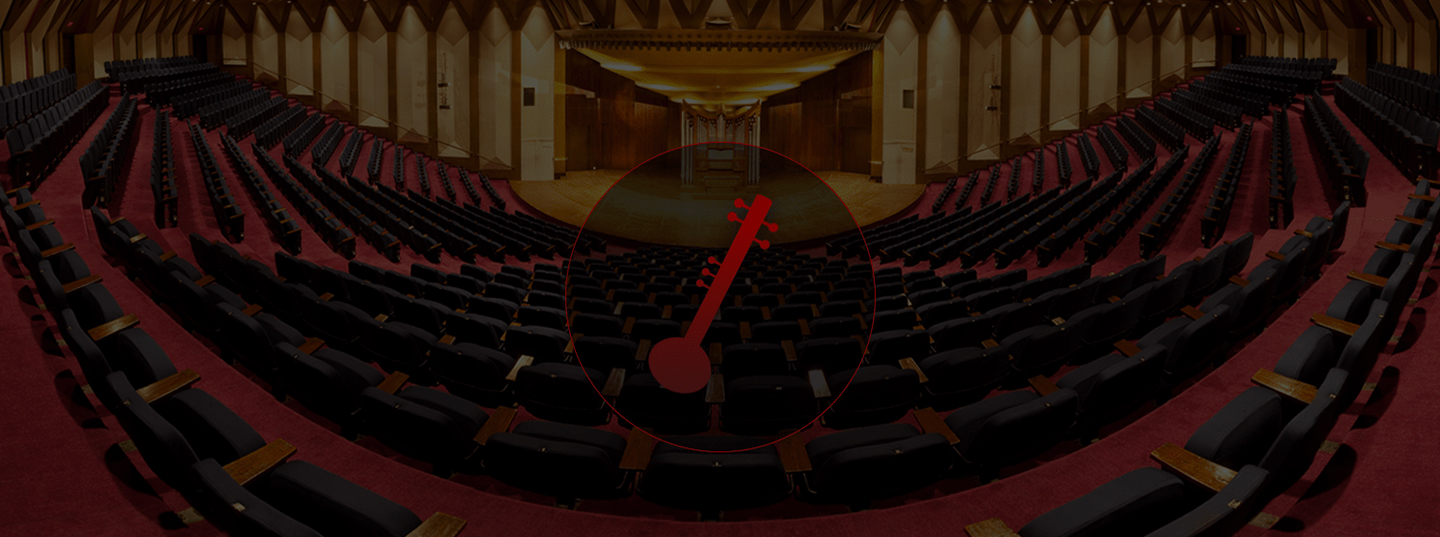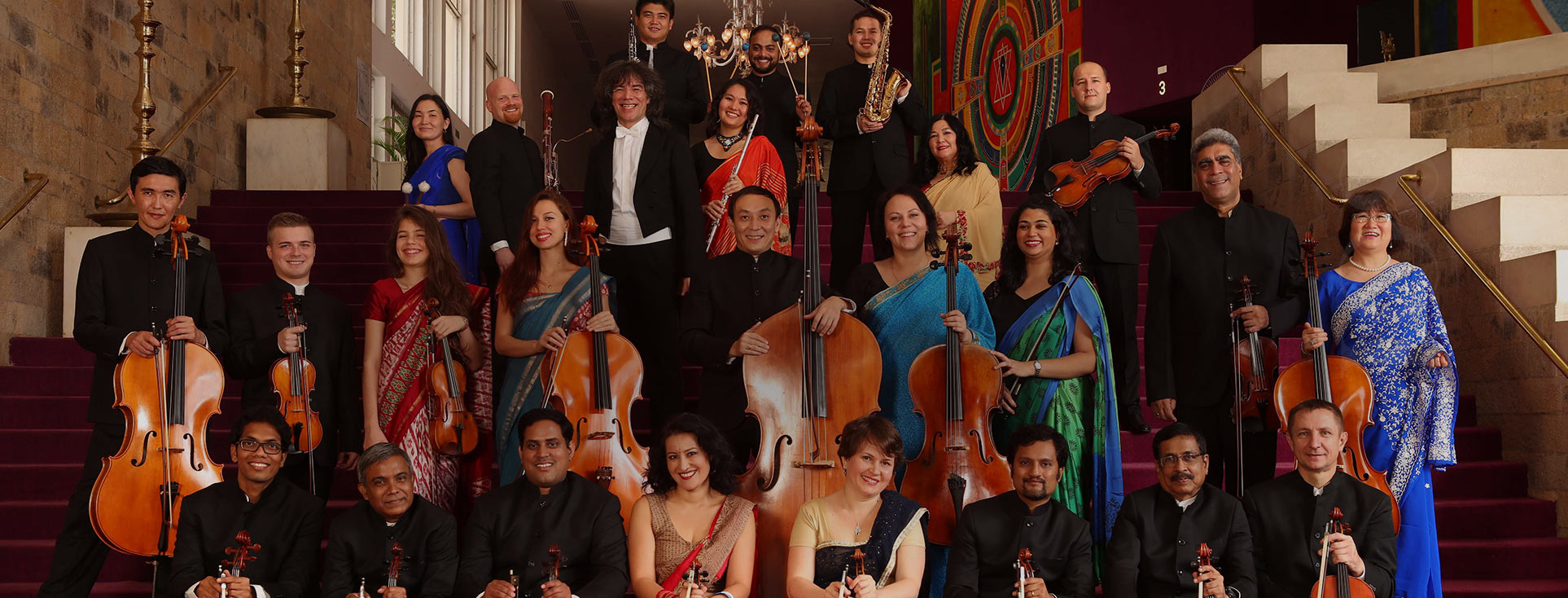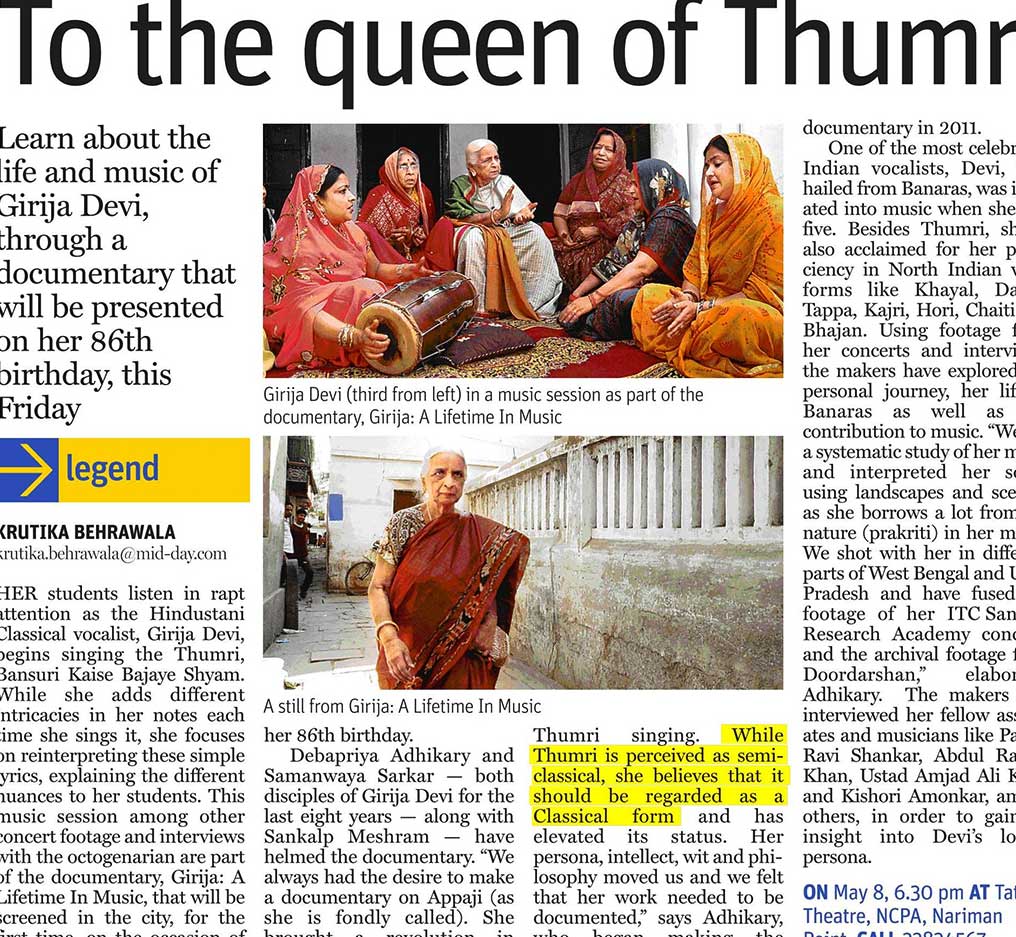-
Date Time
9 December 2023 | 6:30 pm
10 December 2023 | 6:30 pm
7 January 2024 | 6:30 pm
-
Age Limit
6+ -
Member Price
Rs.2,250, 1,800, 1,440, 1,350, 1,080, 900, 720 & 540/- (Inclusive of GST) -
Non Member Price
Rs.2,500, 2,000, 1,600, 1,500, 1,200, 1,000, 800 & 600/- (Inclusive of GST)
Festival Details
The 13th edition of the CITI-NCPA Aadi Anant festival seeks to celebrate the vitality of the guru-shishya tradition.
Aadi – the primordial
Anant – the eternal, the one that has no end….
The human history shows that even the greatest of civilisations thrived only for a specific period; be it Sumerian (c 4500-1900 BC), Indus Valley (c. 3300-1300 BC) or ancient Greece (c. 1100 BC-140 AD). Nevertheless, the collective wisdom and experience of a society seems to live on as its cultural heritage for generations to follow, setting the tone for an overarching philosophy, which influences social values and artistic ethos of the community.
Indian philosophy reveals the influence of notions of ‘timelessness’ and ‘cyclicity’. This is clearly reflected in the domain of arts like music. In the incessant voyage of the Universe, the time (kal) is seen as an eternal river with a flow that is not linear but cyclic. The time is also closely associated with the process of creation and perpetuation. In contrast, human life as we know, is fragile and perishable; while artistes are born and fade away in time, their creations live on as a precious cultural heritage.
Therefore, in the domain of Indian arts, the notion of ‘eternity’ could have a dual expression. On one hand, artistic traditions are perpetuated from one generation to the next through the age-old institution of Guru (mentor) and shishya (disciple). In the eternal stream of time and knowledge, Guru-s groom shishya-s, who in turn carry forth the mantle of Guru, and the cycle thus continues. On the other hand, every generation witnesses a rise of creative minds, who strive to push the envelope of tradition in pursuit of exploring new horizons. Such creative endeavours are inspired by the changing sociocultural environment, and, though deeply rooted in tradition, they aspire to delve into the infinite realms of creativity.
The process is vital for ushering in changes that help redefine and rejuvenate traditions, which otherwise might remain stagnant and stand a risk of slowly becoming irrelevant and finally perish with time. Indian music is known to be an oral-aural tradition and, in fact, this is the way it has been evolving through a span of three millennia and more, withstanding all odds, making it the oldest surviving music tradition in the world today.
As trendsetters in their respective fields, Citi and NCPA stand committed to uphold the Indian heritage. Together, we are proud to present the thirteenth edition of ‘CITI-NCPA Aadi Anant Festival’ with five events spread across two cities: Mumbai and Delhi.
This edition of the festival features presentations that include artistes of four different generations coming together to showcase genres from classical (art) and semi-classical, to folk and other lighter forms that collectively define the broad spectrum of music traditions in India.
Come, join us and explore the exciting soundscapes from here to eternity!
Box Office now open.
